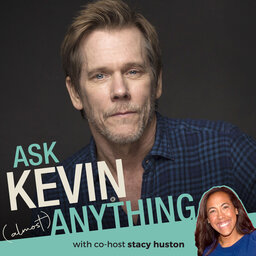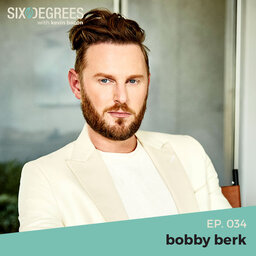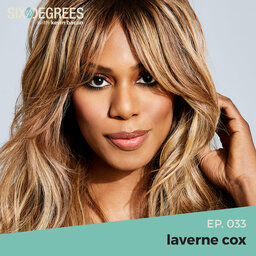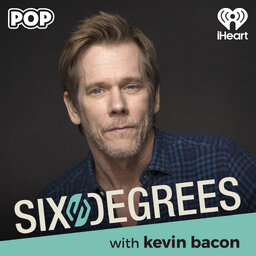Woman. Life. Freedom w/ Nazanin Boniadi
On September 16, 2022 Mahsa Amini was killed by "morality" police in Iran for not wearing her hijab correctly, as determined by Iranian code. Since then a social uprising has taken over the country with a single cry: Woman. Life. Freedom. Nazanin Boniadi and Roya Piraei join Kevin to speak about what has been lost, the power of women and the ongoing revolution in Iran.
*Note: this interview was recorded before the SAG-AFTRA strike took effect.
To join their efforts to recognize gender apartheid as a crime under international law visit endgenderapartheid.today. And to learn more about human rights crises in Iran and the historic ‘Woman Life Freedom‘ protests, head to IranRights.org .To support more initiatives like this program, text 'BACON' to 707070 or head to SixDegrees.Org to learn more.
In 1 playlist(s)
Six Degrees with Kevin Bacon
A singular star, everyone ( and we mean everyone! ) is connected to ...KEVIN BACON. He has starred…Social links
Follow podcast
Recent clips

Ask Kevin (Almost) Anything - Total Eclipse, Earth Day, and The Game That Started It All
45:03

Stand Up To Cancer with Bobby Berk
45:25

Changing The Cultural Context with Laverne Cox & ACLU
43:18
 Six Degrees with Kevin Bacon
Six Degrees with Kevin Bacon